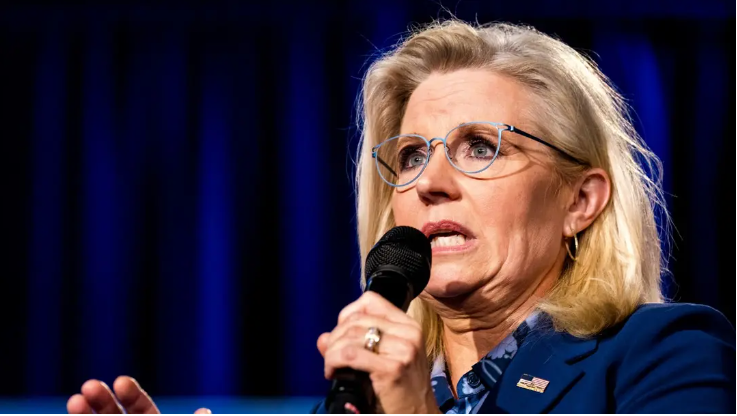EU Calls on Serbia, Kosovo to Advance Normalization Efforts
EU executive president Ursula von der Leyen traveled to Belgrade and urged both Serbia and Kosovo to intensify their efforts to normalize their relations if the two Balkan countries seek accession to the EU....

0:00
/1861
Facts
- EU executive president Ursula von der Leyen traveled to Belgrade and urged both Serbia and Kosovo to intensify their efforts to normalize their relations if the two Balkan countries seek accession to the EU.1
- Von der Leyen met with Serbian Pres. Aleksandar Vucic in Belgrade on Tuesday a day after she asked Serbia to “deliver on de facto recognition of Kosovo.” Clarifying her statement, von der Leyen said the EU expects Serbia and Kosovo to respect the agreements they made earlier this year in Macedonia to normalize their bilateral relations.2
- The European Commission president was halfway through a four-day visit to the Western Balkans when she met with Vucic, and she noted that Serbia and Kosovo could make money if they settled their differences. EU leaders presented a €6B ($6.3B USD) investment package for the Western Balkans at a summit last month in Albania.3
- Per previous agreements, Serbia must recognize Kosovo as an independent state, while Kosovo must grant autonomy to the ethnic Serbs who compose a majority in the northern region. In 2008, Kosovo declared independence from Serbia, but Belgrade didn't recognize the proclamation.4
- While Kosovo’s population is 92% ethnically Albanian, Serbs are a majority in the north and remain loyal to Belgrade. While Kosovo committed to creating Serb municipalities in 2013, Prime Minister Albin Kurti has delayed the self-governed communities, claiming that they will create a state within a state; last week, France, Germany, and Italy called for the countries to adhere to their agreement, but that arrangement currently seems unlikely.4
- The latest calls for normalization come amid growing fears of an open conflict between Belgrade and Pristina after a recent clash in northern Kosovo. Vucic said Serbia agreed to recognize personal documents from Kosovo, but Pristina refuses to create the association of Serb communities.1
Sources: 1Reuters, 2Balkan insight, 3Euronews and 4FOX News.
Narratives
- Pro-establishment narrative, as provided by Euobserver. It's in the best interest of Belgrade and Pristina to adhere to previous commitments and quickly normalize relations. While it seems like Serbia is willing to compromise on recognition of Kosovan documents and license plates, Pristina is unwilling to grant autonomy to the ethnic Serbs who form a majority in Kosovo’s northern region. The two sides must come together to avoid armed conflict and unlock billions of euros in investment.
- Establishment-critical narrative, as provided by The balkanista. Serbia and the EU are trying to bully the smaller Kosovo into accepting an unfair agreement. While Serbia continues to deny the existence of Kosovo as an independent nation, ethnic Serbs living in northern Kosovo enjoy all the liberties and rights of any other citizen. There's no reason to create an 'Association of Serbian Municipalities,' and Serbia is just trying to take back territory from Kosovo and increase its influence. Kosovo will not be threatened by the EU and Serbia.






